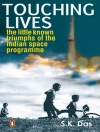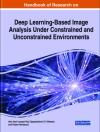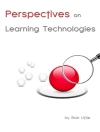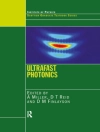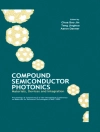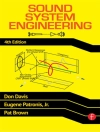This book collects contributions of forefront research and practices related to the use of the enabling technologies of Industry 4.0 in the architecture and design fields and their impact on the UN’s Sustainable Developments goals. The book is structured into three sections (research, practice, and technologies), with the goal of creating a new framework useful for widespread awareness necessary to initiate technology transfer processes for the benefit of the public sector, universities, research centers, and innovative companies, and a new professional figure capable of controlling the entire process is essential. Thus, the book chapters arouse a series of relevant topics such as computational and parametric design, performance-based architecture, data-driven design strategies, parametric environmental design and analysis, computational and parametric structural design and analysis, AI and machine learning, BIM and interoperability, VR and AR, digital and robotic fabrication, additive manufacturing and 3D printing, R&D and entrepreneurship, circular architecture, and didactics. In the post-digital era, where the essence of design lies in the control and information of the process that holistically involves all the aspects mentioned above, rather than in formal research, it is necessary to understand technologies and analyze the advantages that they can bring in terms of environmental sustainability and product innovation.
สารบัญ
The big vision: from Industry 4.0 to 5.0 for a new AEC sector.- Achieving SDGs in Industry 4.0. Between performance-oriented digital design and circular economy.- Industry 4.0 for AEC sector: impacts on productivity and sustainability.- Programming Design Environments to Foster Human-Machine Experiences.- Designing with the chain.- Adauctus Architectus Novus on the definition of a new professional figure.- Lotus Aeroad – Pushing the Scale of Tensegrity Structures.- Unlocking Spaces for Everyone.- Parameterization and Mechanical Behavior of Multi-Block Columns.


